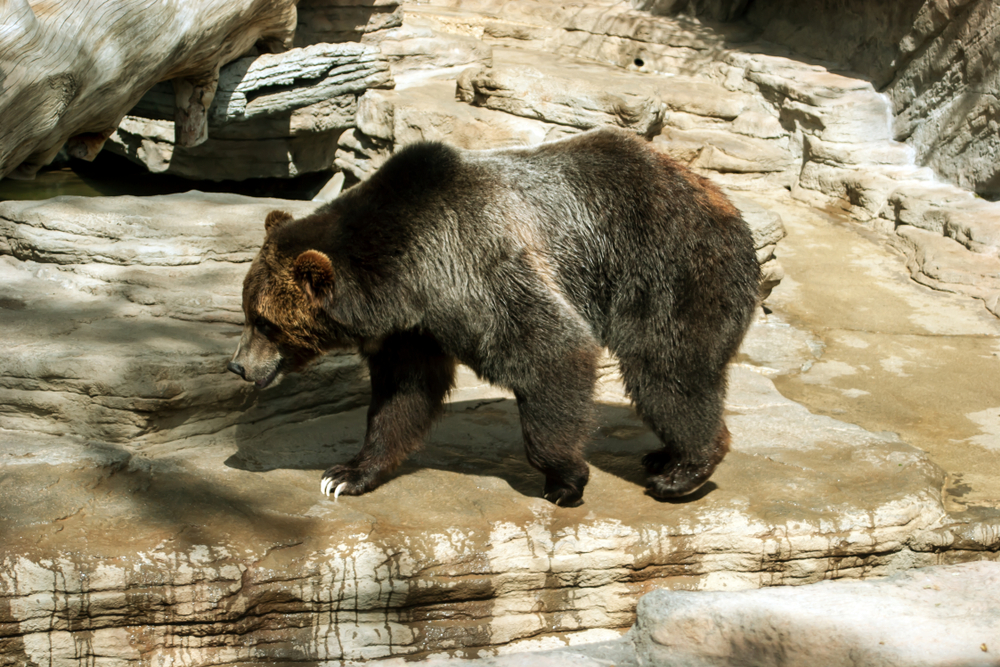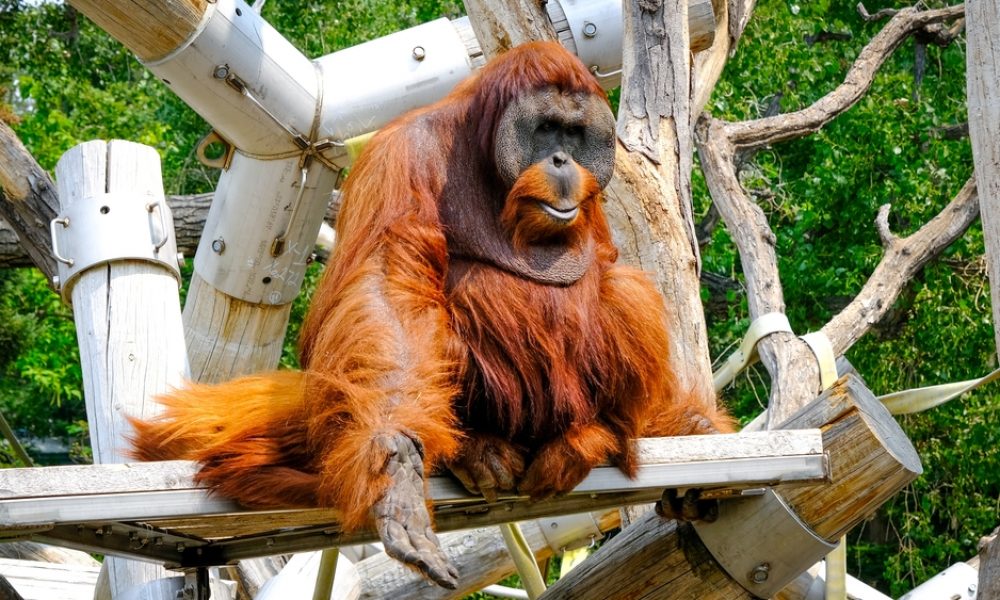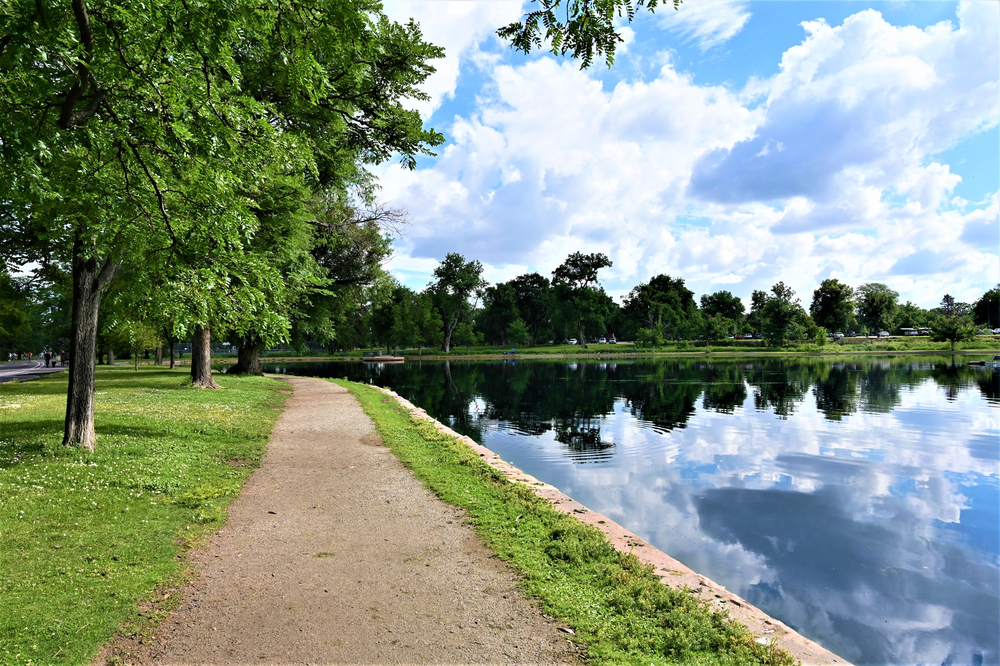The Denver Zoo is a beloved attraction located in City Park of Denver, Colorado. Spanning over 80-acres, it is home to thousands of animals representing hundreds of species, including some that are rare and endangered. The zoo is dedicated to wildlife conservation, education, and providing an engaging experience for visitors of all ages.
History
The Denver Zoo was founded in 1896 with the donation of an orphaned American black bear. Its first permanent structure was Bear Mountain, completed in 1918, which was an innovative exhibit that mimicked the animals’ natural habitat. Over the years, the Denver Zoo has continued to evolve, prioritizing naturalistic habitats, animal welfare, and conservation efforts.
Exhibits and Animals
The Denver Zoo is divided into several themed areas that house diverse ecosystems and animal species:
- Predator Ridge: This exhibit simulates an African savanna and features lions, hyenas, and African wild dogs.
- Primate Panorama: Visitors can see a variety of primates, including gorillas and orangutans, in large, open-air habitats.
- Toyota Elephant Passage: One of the largest and most complex elephant habitats in North America, this area is home to Asian elephants, greater one-horned rhinos, and other Asian species.
- The Edge: This exhibit allows guests to get up close to Amur tigers through large, open-air viewing areas.
- Tropical Discovery: An indoor rainforest that houses a variety of fish, amphibians, invertebrates, and reptiles, including the Komodo dragon.
- Northern Shores: Home to polar bears, sea lions, and river otters, this area focuses on animals from the northern latitudes.
Conservation Efforts
The Denver Zoo is active in conservation and research both locally and internationally. It supports field projects and participates in Species Survival Plans (SSPs) for the breeding of endangered species. The zoo also focuses on sustainability practices, such as water conservation and waste reduction, to minimize its environmental impact.
Education and Programs
The zoo provides numerous educational programs aimed at inspiring care for the natural world, including:
- Field trips and school programs: Offering curriculum-based educational experiences for students.
- Zoo camps: These camps provide unique experiences for children to learn about animals and conservation.
- Public demonstrations and keeper talks: Daily opportunities for visitors to learn more about the animals directly from their caretakers.
- Community outreach: Programs designed to reach out to the community and educate the public about wildlife and conservation issues.
Visitor Information
- Address: 2300 Steele Street, Denver, CO 80205
- Hours: The Denver Zoo is open every day of the year, although hours vary seasonally. It is recommended to check the zoo’s official website for current hours.
- Admission: There is an admission fee, with different rates for adults, seniors, and children. Children under a certain age may be admitted for free. The zoo also offers memberships for frequent visitors.
- Accessibility: The Denver Zoo is committed to accessibility for all visitors, offering rentals for wheelchairs and strollers, as well as providing service animal guidelines.
Website
For the most up-to-date information on exhibits, animals, events, and visitor information, the Denver Zoo’s official website is www.denverzoo.org.
Conclusion
The Denver Zoo is a destination that offers an exciting glimpse into the world of wildlife, emphasizing education, conservation, and family-friendly fun. Its commitment to providing naturalistic habitats for its animals and its efforts in conservation make it a vital part of the Denver community and a must-visit for animal lovers and families.







